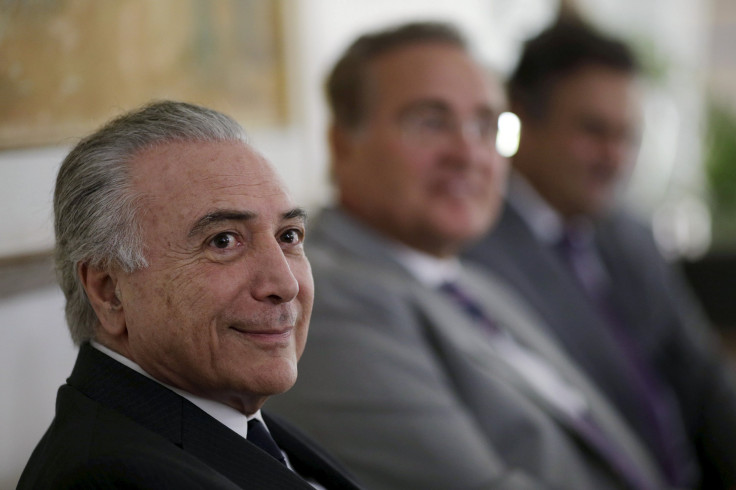
Over two weeks ago, Brazilian legislators voted to send the case against President Dilma Rouseff to the Senate, which meant that 81 members voted on whether to hold a trial investigating charges that she illegally used money from state-owned banks.
It took the Senate over 20 hours to deliberate on a result against the country's first female president: Rouseff has to step down while she is investigated for misusing funds.
After the news broke, Rousseff gave a fiery speech to the media, where she stated she is a "victim of an injustice.” “My government was the target of non-stop sabotage,” Rousseff said. “The objective was to stop me from governing and therefore allow an environment inviting the coup.”
Rouseff will be suspended at least 180 days, where she swears she will keep fighting. “Destiny has reserved many challenges for me. ... Some of them seemed impossible to overcome. I have suffered from torture, I have suffered from sickness, and now I suffer from the pain of injustice,” she said. “I am victim of a political farce. But I won't give up. I look back and I see all we have accomplished. I look forward and I see all we still need to do.”
Rousseff rejected both the allegations against her and the impeachment proposal. “My present and my past vouch for my honesty and my unquestionable commitment to the law,” Rousseff said in a televised address (WSJ translation). “We can’t permit indefensible interests to unsettle our country’s democracy.”
Professions of innocence like Rousseff’s have become ubiquitous in the upper-echelons of Brazilian politics, but the scandal-plagued President does have one thing going for her: zero evidence has been presented that directly implicates her in wrongdoing or suggests that she personally benefited from bribes.
Vice President Michel Temer has assumed the interim presidency.
© 2025 Latin Times. All rights reserved. Do not reproduce without permission.




